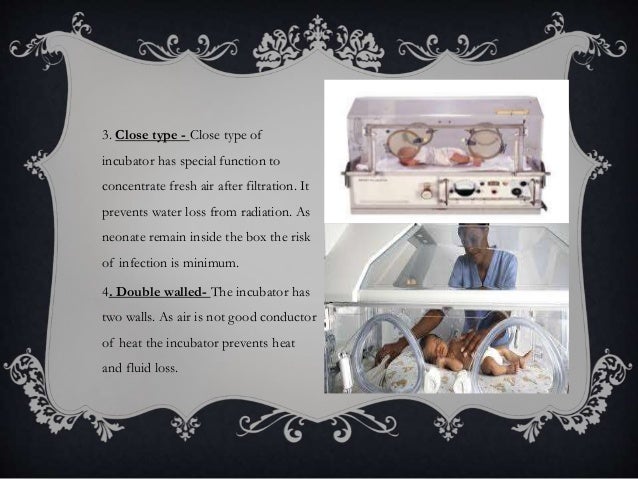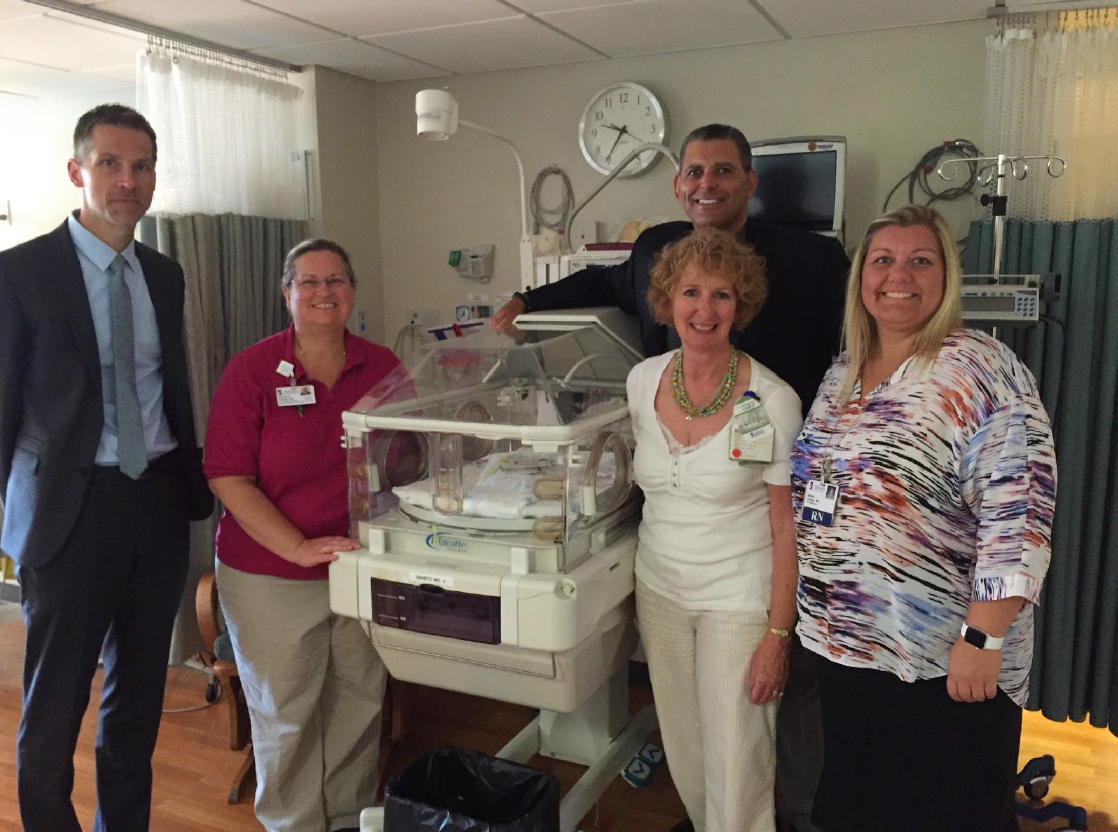

It found that asymptomatic individuals presented a significant risk for the virus to spread to their contacts. This is called asymptomatic transmission.Ī May 2021 study followed workers participating in a mass screening program for COVID-19.


There’s also a possibility that someone who has the coronavirus can transmit the virus even if they don’t develop symptoms. When droplets containing the virus enter your nose, mouth, or eyes, you can contract the virus. SARS-CoV-2 spreads mostly from person to person through respiratory droplets that are transmitted when a person with the virus talks, laughs, sneezes, or coughs. The average incubation period is estimated to be around 5 days after exposure to the virus. SummaryĪccording to the CDC, the incubation period for the coronavirus is between 2 and 14 days after exposure. Researchers found that the incubation period of the Delta variant was 4 days, which was 2 days shorter than the 6-day incubation period they observed for the original strain of SARS-CoV-2. This variant replicates at a faster rate and to higher numbers than previous strains of the coronavirus.Ī September 2021 study compared the Delta variant to the original strain of SARS-CoV-2. The incubation period appears to have shortened with the emergence of the Delta variant of SARS-CoV-2. The average incubation period was estimated to be around 5 days. What is the incubation period for the new coronavirus?Ĭurrently, according to the CDC, the incubation period for the coronavirus is somewhere between 2 and 14 days after exposure.Ī report published earlier in the pandemic found that more than 97 percent of people who contract SARS-CoV-2 show symptoms within 11.5 days of exposure.


 0 kommentar(er)
0 kommentar(er)
